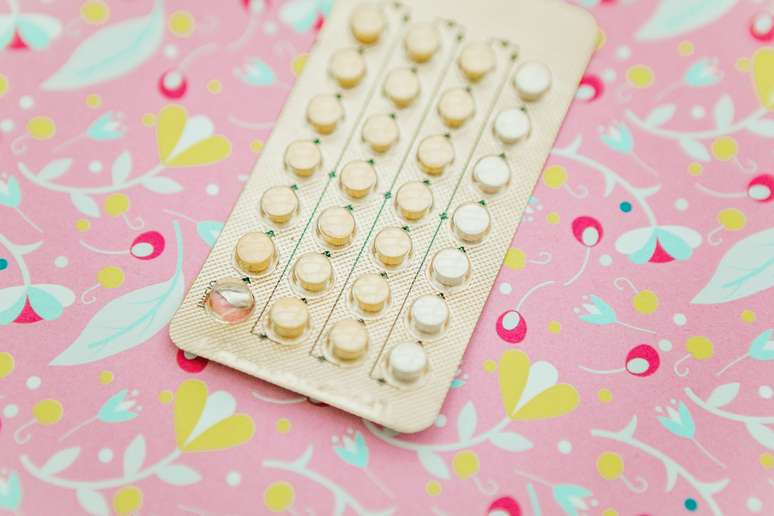Understanding whether contraceptive methods that inhibit ovulation can preserve a woman’s ovarian reserve
Have you heard of ovarian reserve? When it comes to pregnancy, it’s impossible to leave the term aside. she is basically an indicator of female fertility. “It corresponds to the stock of ova that the patient has,” explains Simone Mattiello, gynecologist, obstetrician and human reproduction specialist at the Nilo Frantz Reproductive Medicine clinic. .
html[data-range=”xlarge”] figure image img.img-b0d4f1429ed3e564d611982f9e295515ab9ldq14 { width: 774px; height: 516px; }HTML[data-range=”large”] figure image img.img-b0d4f1429ed3e564d611982f9e295515ab9ldq14 { width: 548px; height: 365px; }HTML[data-range=”small”] figure image img.img-b0d4f1429ed3e564d611982f9e295515ab9ldq14, html[data-range=”medium”] figure image img.img-b0d4f1429ed3e564d611982f9e295515ab9ldq14 { width: 564px; height: 376px; }
The peak reserve occurs in intrauterine life, around the twentieth week of pregnancy. “The baby is estimated to have 6 to 7 million eggs,” Simone says. After birth, the value is reduced to 2 million and, when the girl begins to menstruate, i.e. she enters her reproductive period, the stock is around 500,000. From then on, in the next 30 to 40 years of childbearing age, about 500 of them will ovulate until they reach the end of their female reproductive life.
Does birth control preserve eggs?
In fact, we are always losing eggs whether we are ovulating or not. Therefore, although hormonal contraceptives inhibit ovulation by repressing the action of the hormones FSH (follicle stimulating hormone) and LH (luteinizing hormone), this does not interfere with the loss or maintenance of reserve.
“Although the contraceptive pill prevents follicles from developing, making ovulation impossible, there is a process called follicular atresia“, underlines Vinícius Carruego, gynecologist and medical director of the Clínica Elsimar Coutinho . That is, throughout the cycle, death and degeneration of eggs occurs., which is independent of the action of hormones. “Every month, several follicles will die of atresia. Thus, the pill does not save, does not interfere with female egg stock and does not preserve fertility“, He says.

When does the egg supply run out?
On average, the ovarian reserve will run out around age 50, when women enter menopause. «It is the clinical manifestation of ovarian insufficiency due to depletion of the number of ovules», Simone points out.
The importance of evaluating your egg supply
It is important for women to have awareness of your egg limitation so they can promote family planning. “An assessment of the ovarian reserve between the ages of 25 and 30 is recommended,” says the specialist.
The test considered most accurate for this is the Assay analysis of anti-Müllerian hormone (AMH). “Each potential egg produces a little bit of this hormone. So, the more eggs the patient has, the more AMH she has, and vice versa. For this reason, it’s considered a relatively accurate measure of stock,” she explains. There is an average expected hormone value for each age, but, in general, AMH values below 1ng/mL are considered low egg reserve.
“Importantly, there are two losses we suffer in relation to gametes. One is the loss of number, the other is the loss of quality. This is directly related to advancing age,” says Simone. Therefore, the only way to preserve gametes is through assisted reproductive techniques.
Source: Terra
Ben Stock is a lifestyle journalist and author at Gossipify. He writes about topics such as health, wellness, travel, food and home decor. He provides practical advice and inspiration to improve well-being, keeps readers up to date with latest lifestyle news and trends, known for his engaging writing style, in-depth analysis and unique perspectives.








